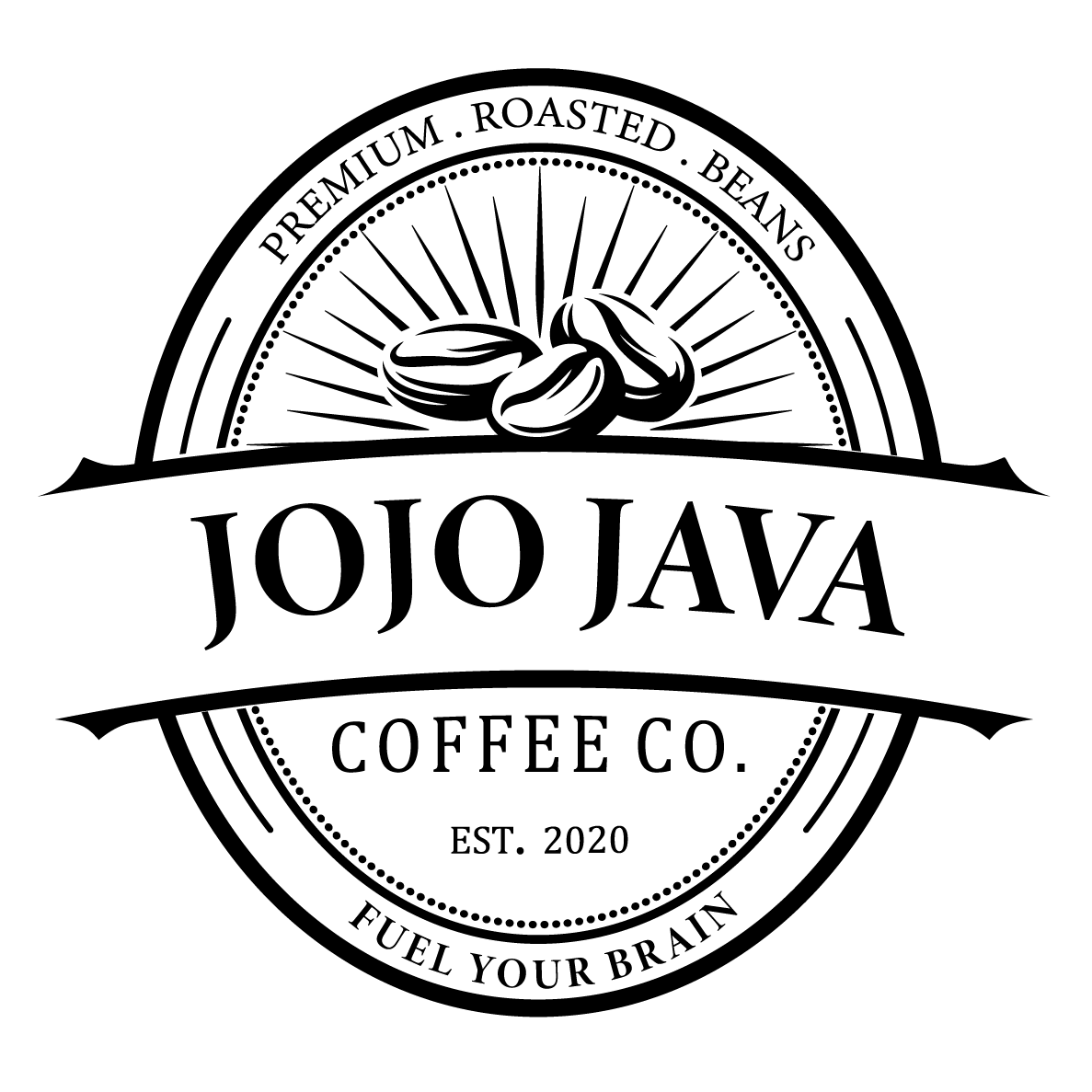There are multiple reasons as to why someone is transitioning from dairy creamer to non-dairy alternatives. From finding out they are lactose intolerant to wanting to become vegan to making a step towards reducing the amount of animals they consume.
Replacing regular cow milk with a non-dairy based milk is a simple step in slowly, but surely, changing and improving certain habits to help a person inside and the world outside.
When looking for a suitable milk alternative for your coffee there are a multitude of different kinds out there. From oat to almond to soy, it can be a bit intimidating. Different plant based milks have different flavors and consistencies, making one wonder what is the best kind when looking for a new creamer to put in their coffee.
Environmentally, reaching for vegan milk instead of dairy milk helps the earth just a little bit, showing the world humans can live without mass produced items from animals. A 2018 study from the University of Oxford found that producing a glass of cow milk can result in almost 3x the amount of greenhouse gas emissions than any type of non-dairy based milk.
Instead of having to purchase every milk alternative out there and tasting them yourself, we have done that for you. Here we will let you know which one is the most popular, the nutrition value, and what it tastes like.

Oak milk has become one of the most popular milk alternatives with coffee drinkers. Not only is it rich and creamy, but it is ideal for flat whites and lattes due to its thickness. When steamed, oak milk foams well like dairy milk due to its higher fat content compared to other vegan milks.
Other than obviously being dairy free, oat milk is wonderful for anyone with a nut, soy, or gluten allergy. Oak milk is rich in vitamin D, iron, calcium, potassium, and fiber, hitting multiple notes on your daily vitamins. When consumed, one serving of oak milk can give about 35% of your daily calcium and 10% of your daily iron.
There are a few oak milk brands out there that are specifically made for coffee like Minor Figures oak milk and Earth’s Own barista oat milk to make all your coffee shop cappuccino dreams come true, but any oat milk brand works well with your favorite coffee.
Along with its creamy texture, oak milk has a nutty, grainy flavor compared to dairy milk. When added to any coffee it gives a subtle natural sweetness, mixing in harmoniously with the roasted mouthfeel of fresh brewed coffee.

Similar to oat milk, coconut milk is high in saturated fat, rich, and creamy. This nut milk is slightly sweet from the natural coconut flavor, making it a delicious addition to any coffee. If you originally consume 2% milk, coconut milk is a wonderful alternative milk when changing over from dairy.
Coconut milk can have some of the lowest calories per serving, providing a good amount of vitamin A, B12, and E as well as potassium. It’s even low in carbs and sugars. Some coconut milks can have a naturally high amount of calcium at 45% of your daily value, making it a good alternative to dairy.
When it comes to different brands of coconut milk, So Delicious is more neutral in taste where Vita Coco Creations is sweeter in taste due to using coconut milk instead of coconut flesh. Coconut milk has been mainly stored in cans, but as it’s popularity has increased it can now be found in cartons. Coconut milk comes in sweetened and unsweetened versions when looking in the dairy aisle.

This soybean based milk is the OG of milk alternatives. Reaching American grocery stores in the mid 80s, the first ever vegan milk still ranks pretty high today, especially when it comes to coffee. Similar to oat milk, soy milk can be high in calories, but makes a great addition milk alternative if you’re lactose intolerant.
Offering nearly 50% of your daily value of B12 and 40% of your daily value of calcium, soy milk provides a profitable amount of protein, fiber, potassium, vitamin A and vitamin D. Along with a wide arrange of vitamins, soy milk is cholesterol free, as all milk alternatives are, and a low amount of saturated fat.
When mixed with coffee, soy milk tastes mild and creamy, mimicking a natural sweetness dairy provides. But some soy milks tend to not mix so well physically with coffee, curdling once added. Thankfully, there are brands out there who have figured out the magic of the mixture like Sunrich Naturals.

When thinking of milk alternatives, hemp milk isn’t one that instantly pops into people’s heads. Hemp in general has a very good reputation when it comes to sustainability. All parts of the plant can be used for clothes, paper, textiles, and biofuel. It can now even be consumed as a vegan milk!
Hemp milk doesn’t seem to be as popular as other vegan based milks because people tend to think it’ll give off a high. But that is only if someone ingests the flowers of the hemp plant. Hemp milk is made from the seeds which do not carry the cannabinoid strain that makes someone high. Instead, it gives off an earthy, nutty flavor, making coffee nice and creamy like Living Harvest’s does.
Compared to oatmeal, coconut, and soy milk, hemp milk contains all essential amino acids a human needs like omega-3 and omega-6, providing nutrients to encourage biological function. This seed milk also provides a healthy dose of protein, fiber, calcium, iron, phosphorus, zinc, Vitamin A, B12, and D. It also is a little higher in fats and carbohydrates, but is low in calories and is gluten-free.

If you enjoy the decadent taste of cashews then you might want to try cashew milk in your next brew. Using either cashew nuts or cashew butter with water, you can make a rich and creamy new milk alternative that is delicately nutty and sweet.
Cashews have a more positive than negative effect on the environment compared to other crops out there. This is because they are lighter on land and prevent soil erosion. Compared to other nut milks, cashew milk only provides a beneficial source of magnesium, potassium, and vitamin E and A. It does however contain no cholesterol or saturated fat, making it a heart healthy choice. It also is low in sugar, making it perfect for people who are diabetic.
When adding cashew milk to your morning cup, it blends and has a mouthfeel similarly to cow’s milk. The nuttiness is subtle compared to the actual nut and butter, but is equally enjoyable. Cashew milk isn’t as popular as other vegan milks, so it can be a bit harder to find like hemp and pea milk. But brands like Silk and Califia can be found in many grocery stores.


